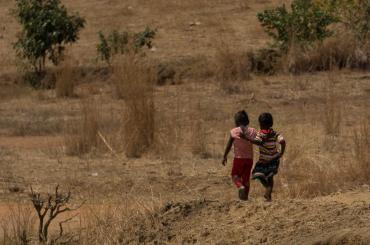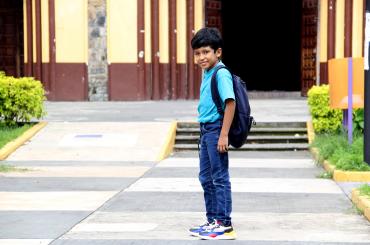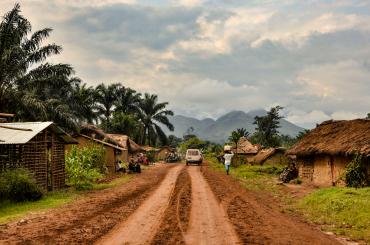

Karen Macours
Professor, Paris School of Economics and CEPR Research Affiliate
Karen Macours is a chaired professor at the Paris School of Economics and senior researcher at INRAE. Her research focuses on social programs, early childhood development, rural poverty, and agriculture in developing countries. She is the chair of the Standing Panel on Impact Assessment of CGIAR, co-editor of the Journal of Development Economics, and co-chair of the JPAL health sector. She previously was associate professor of international economics at SAIS- Johns Hopkins University and received her PhD from the University of California at Berkeley
Recent work by Karen Macours
-

Improving hygiene, reducing menstrual stigma, and boosting learning in schools
A hygiene- and menstruation-focused intervention in Madagascan schools boosted learning, while also reducing stress and improving the psychosocial climate of schools.
Published 12.12.24
-

Timing matters: Long-term impacts of Conditional Cash Transfers in Nicaragua
Conditional cash transfers in Nicaragua during primary school led to higher schooling and earnings in adulthood, but mechanisms differed by sex
Published 23.07.24
-

How does promoting modern seed varieties impact forest conservation?
Promoting modern seed varieties accelerated the deforestation of primary forest in the Democratic Republic of Congo
Published 21.09.23
-

The impact of Mexico’s Progresa programme twenty years on
The ground-breaking conditional cash transfer programme shows long-term benefits to education, income, geographic mobility and family formation
Published 04.05.22
-

Why promising trials often fail to result in agricultural yield gains: Evidence from Kenya
Farmer selection and researcher interference during trials can introduce bias, impacting how new technologies perform in real-world conditions
Published 31.03.21
-

A cascade model for cost-effective agricultural extension: Evidence from Uganda
Farmer-to-farmer information diffusion is a cost-effective approach for improving practices and profits for smallholder dairy farmers in East Africa
Published 06.11.20
-

Skills and personality matter, but how do we capture them?
Data from developing country settings highlight the risk of misinterpreting non-cognitive skills and personality using existing measures
Published 06.12.19